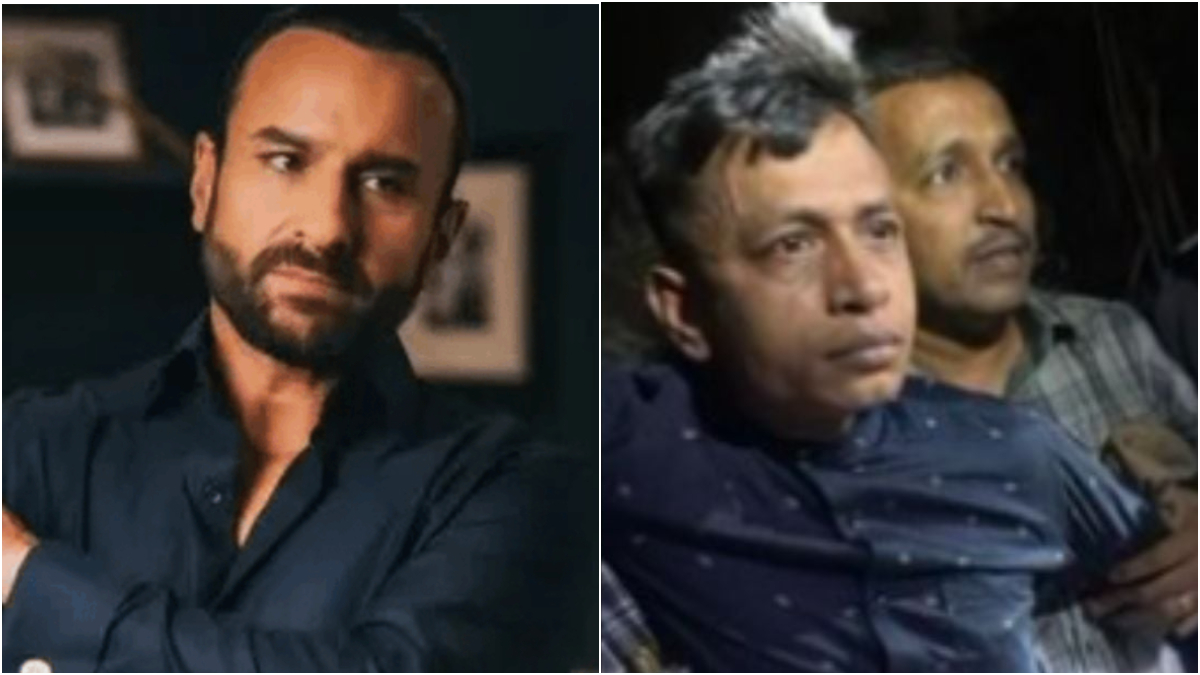Mumbai Police Under Scrutiny After Delayed Arrest in Saif Ali Khan Attack Case | File Photo
Mumbai: The recent attack on Saif Ali Khan has raised serious questions on the efficiency of the Mumbai police – whose mention once instilled fear in underworld dons – in detecting crimes. The cops took 72 hours to nab the Bangladeshi national, who allegedly attacked the actor on the night of January 16. They had to deploy additional resources to catch the accused, who is apparently a petty thief.
The episode has struck fear among the citizens, with many questioning whether the police’s grip on the city is weakening. In the 1990s, the crime branch was considered the most formidable unit within the Mumbai police. Back then, the crime branch officers excelled at dismantling organised crime networks. However, such reassuring stories appear to be a thing of the past, lament retired officers.
Over the past years, the performance of the crime branch has been inconsistent. Once home to a formidable network of informants and officers, it now faces criticism for its perceived inefficiency.
According to the official sources, the crime branch has lost steam because experienced officers, who possess a deep understanding of combating criminals, have been sidelined. The apparent void was visible even in the Khan’s case wherein the cops encountered several false leads, while trying to zero in on the accused.
What’s more startling are the facts that the actor’s house is located near the Bandra police station and the police even had identified the suspect with the help of the CCTV footage. Still, the alleged assailant succeeded in evading the long arms of the law for three days.
The unsatisfactory performance is also worrying because Mumbai, India’s financial capital, is home to luxurious residences of celebrities, industrialists and developers. The existing state of affairs becomes more pressing when we recollect how the cops deftly handled gang wars and dismantled organised crime networks in the past.
Police officials blame the postings of inexperienced officers for growing issues related to crime detection and prevention. They further said there is a lack of a strong informant network, while the new officers lack thorough knowledge of Mumbai’s complexities. Insiders suggest that political interference and too much focus on technological tools have weakened the force.
A veteran cop said, “We worked in an era without phones, WhatsApp, internet, CCTV footage, or other technical assistance. We relied on a robust network of informants and thorough knowledge of the city. Tip-offs arrived in time and every officer knew their areas well.” Nowadays, the police are more reliant on technology, while the old system of informants and personal vigilance has been forgotten, he added.
YP Singh, former IPS officer, said that though the scientific and technical evidence gathering has revolutionised the investigation process, the role of informers can not be undermined. “The best strategy is to use scientific and human evidence together. Israel is one such example of the same.”
